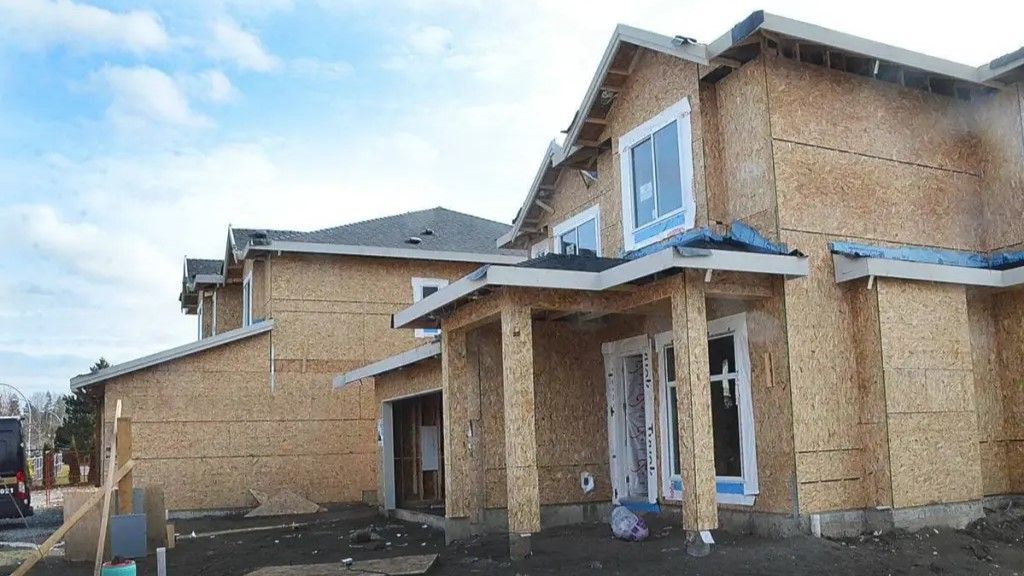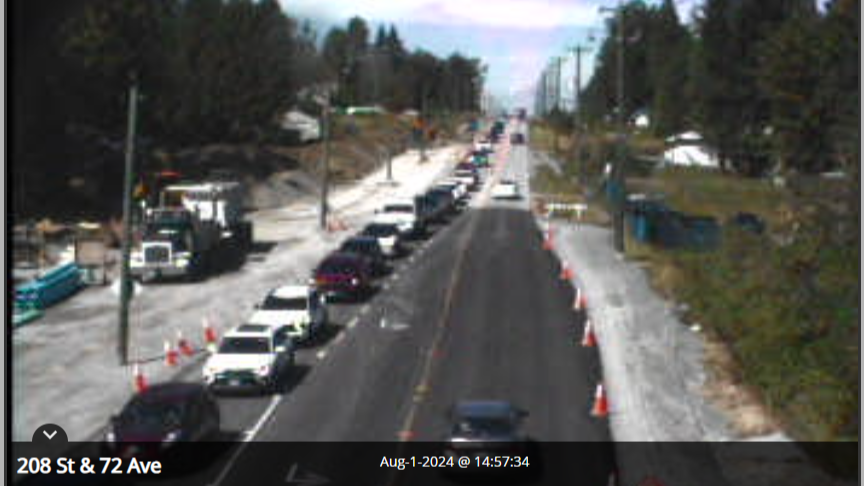Wondering how to pay for your home renovation?

Are you contemplating hardwood floors, a new kitchen or energy efficient solutions for your existing or new home?
Are you wondering how to pay for this renovation project?
Take a look at these affordable financing solutions to renovate the home of your dreams!
1. Mortgage Refinancing
Take advantage of record low interest rates and spread your renovation financing repayment over a long period of time by refinancing your mortgage.
Benefits
- Borrow up to 80% of your home’s appraised value (less any outstanding mortgage balance)
- Pay less interest than credit card or personal loan rates
- Access funds immediately
- Suitable for large scale renovations
2. Financing improvements upon-purchase
Finance your renovation project at the time of a new purchase by adding the estimated costs to your mortgage with CMHC Mortgage Loan Insurance. You can obtain financing with only 5% down payment for both the purchase of your home and the renovations for up to 95% of the value after renovations!
Benefits
- Funds advanced for up to 95% of the value after renovations
- No additional fees or premiums for progress advances
- Competitive interest rates
- CMHC issues premium rebates for Energy saving renovations
2. Secured Line of Credit & Home Equity Loans
Use a secured line of credit or home equity loan to pay for your renovation. Securing your renovation loan against the equity in your home can typically be up to 80% of the property value; accessible at any time.
Benefits
- Lower interest rates than non secured financing
- Access funds at any time
- Interest only payments








